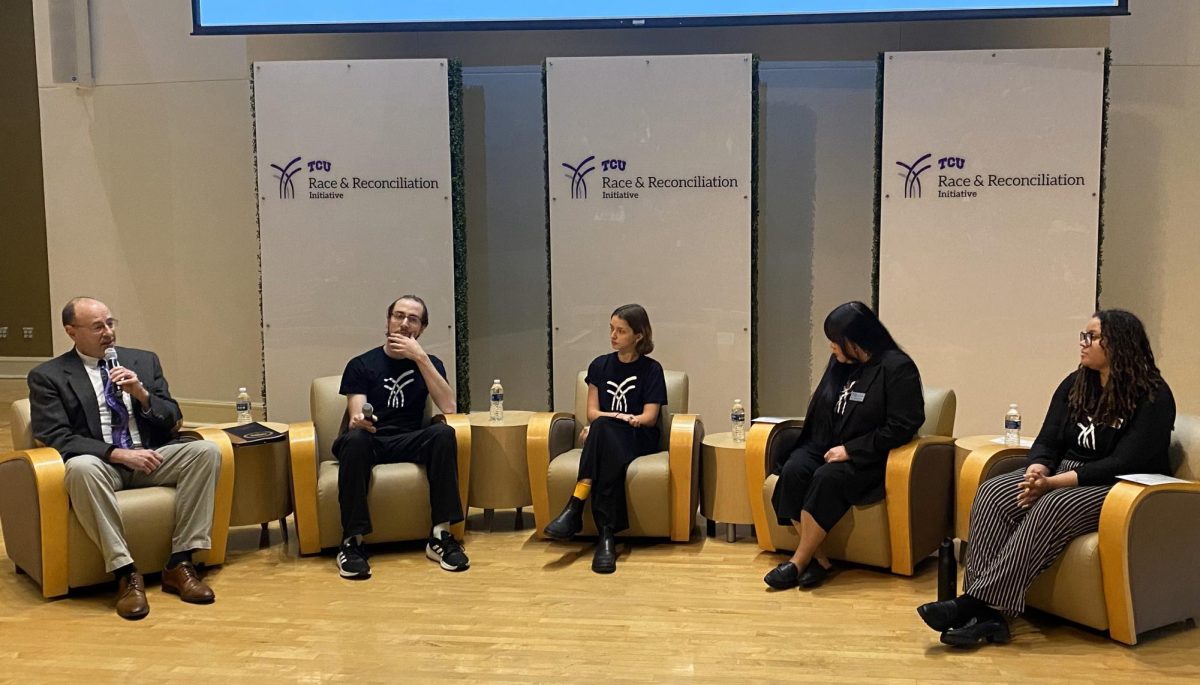When the TCU Class of 2013 crosses the stage on May 11, a litany of accomplishments and accolades will follow. Perhaps our class is the most decorated batch at the university to date, perhaps it has the highest number of graduates receiving prestigious fellowships and perhaps it has the highest GPA average or retention rate. The individuals in the class will be entering influential fields of work, ensuring the university a good name for their achievements to come. However, when the dust settles, are our contributions at the university the most important reflection of the time we spent in college?
The graduation ceremony will not enshrine a pantheon of leaders who would leave behind a great legacy at the university, nor does it demonstrate what individuals can do when they set their mind to a task and show their genius. These skills and achievements are important, but they barely represent the measure of a good college student. Seniors should hold a plumb line against their years at the university and not ask what they did but instead what they became. They should not ask how they won, but how they learned from the many failures and struggles along the way.
Our graduation from a top up-and-coming university, an institution ranked more highly than it has ever been in its history, a school which witnessed a Rose Bowl victory, College World Series appearance and a national championship in the past several years signifies the immense privilege we have had to receive a college education. Yet for every step we take, we must find a way to take two steps together as a people and a society. We must find a way to become aware of the power a college education at a prestigious private school holds. TCU has taught us our strengths, has taken us and lit the dark uncertainty of the future.
Our contributions to the TCU community as students are excellent predictors of how we will be as alumni of the purple and white. After all, our past behavior and future behavior are related. Our legacy lies not in monuments, the test scores or in the congratulatory remarks we will get for receiving a diploma with the university seal. Our legacy lies in the hidden moments of compassion, justice and the risks we took to venture out from our comfort zones.
How many students have mentored you, and how many have you mentored? How many times did you have a meaningful conversation with someone whom changed the way you viewed the world? How many times did you confront your own privilege and grapple with it through an act of service? How many times did you see truth and beauty in arts or sciences? And how many times did you simply pray for the wisdom to soldier on because you knew you unequivocally lacked it yourself? Most importantly, on what motivation did you do these collegiate things?
For me, I stood straight against my college plumb line during my freshman year. I performed Beethoven’s Ninth Symphony with a chorus of hundreds at Bass Hall under the direction of Maestro Miguel Harth-Bedoya. In German we sang: “Do you bow down, millions? Do you sense the Creator, world? Seek Him beyond the starry canopy! Beyond the stars must He dwell.”
In that moment I knew why I was here, and what I ought to do.






